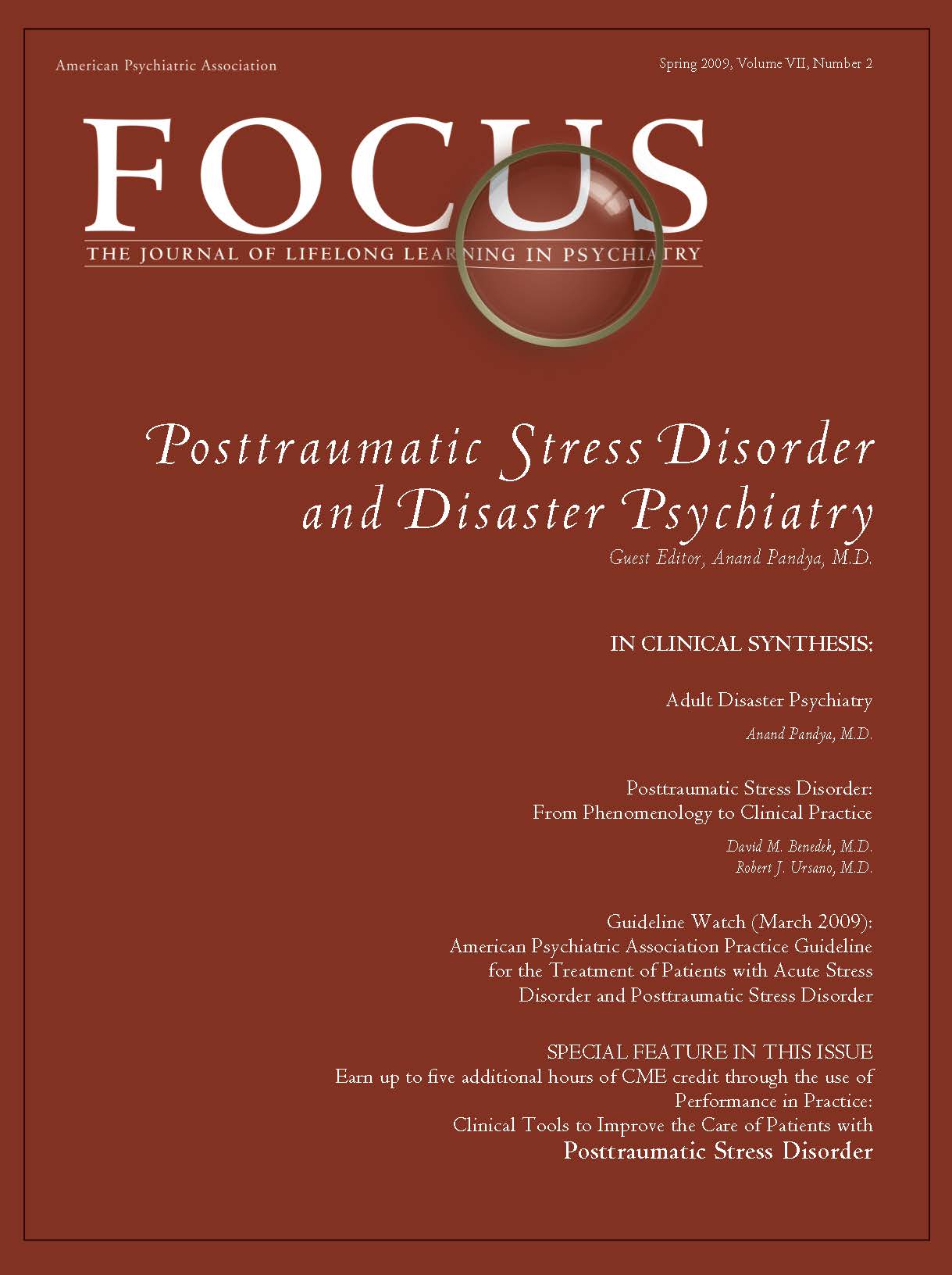Mental Health Service Use Among Hurricane Katrina Survivors in the Eight Months After the Disaster
Abstract
Objective:
This study examined use of mental health services among adult survivors of Hurricane Katrina in order to improve understanding of the impact of disasters on persons with mental disorders. Methods: A geographically representative telephone survey was conducted between January 19 and March 31, 2006, with 1,043 displaced and nondisplaced English-speaking Katrina survivors aged 18 and older. Survivors who reported serious and mild-moderate mood and anxiety disorders in the past 30 days and those with no such disorders were identified by using the K6 scale of nonspecific psychological distress. Use of services, system sectors, and treatments and reasons for not seeking treatment or dropping out were recorded. Correlates of using services and dropping out were examined. Results: An estimated 31% of respondents (N = 319) had evidence of a mood or anxiety disorder at the time of the interview. Among these only 32% had used any mental health services since the disaster, including 46% of those with serious disorders. Of those who used services, 60% had stopped using them. The general medical sector and pharmacotherapy were most commonly used, although the mental health specialty sector and psychotherapy played important roles, especially for respondents with serious disorders. Many treatments were of low intensity and frequency. Undertreatment was greatest among respondents who were younger, older, never married, members of racial or ethnic minority groups, uninsured, and of moderate means. Structural, financial, and attitudinal barriers were frequent reasons for not obtaining care. Conclusions: Few Katrina survivors with mental disorders received adequate care; future disaster responses will require timely provision of services to address the barriers faced by survivors.
(Reprinted with permission from Psychiatric Services November 2007; 58:1403–1411)



